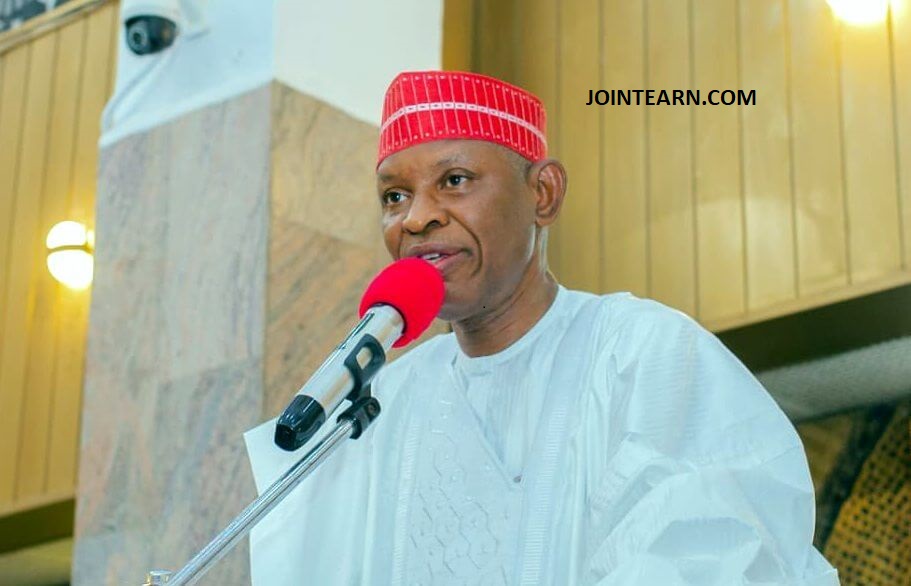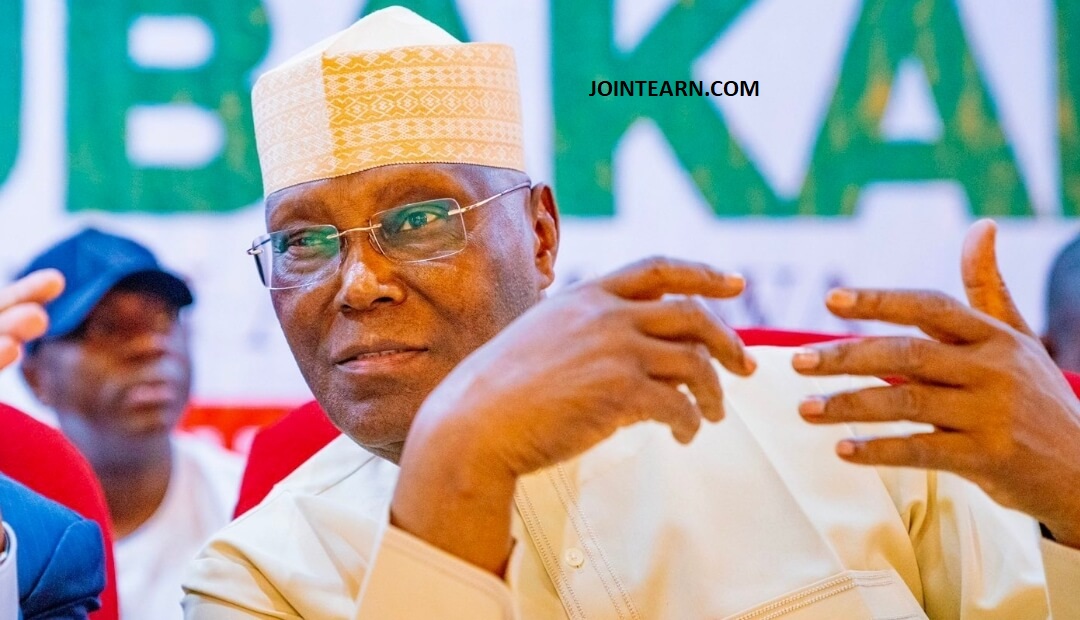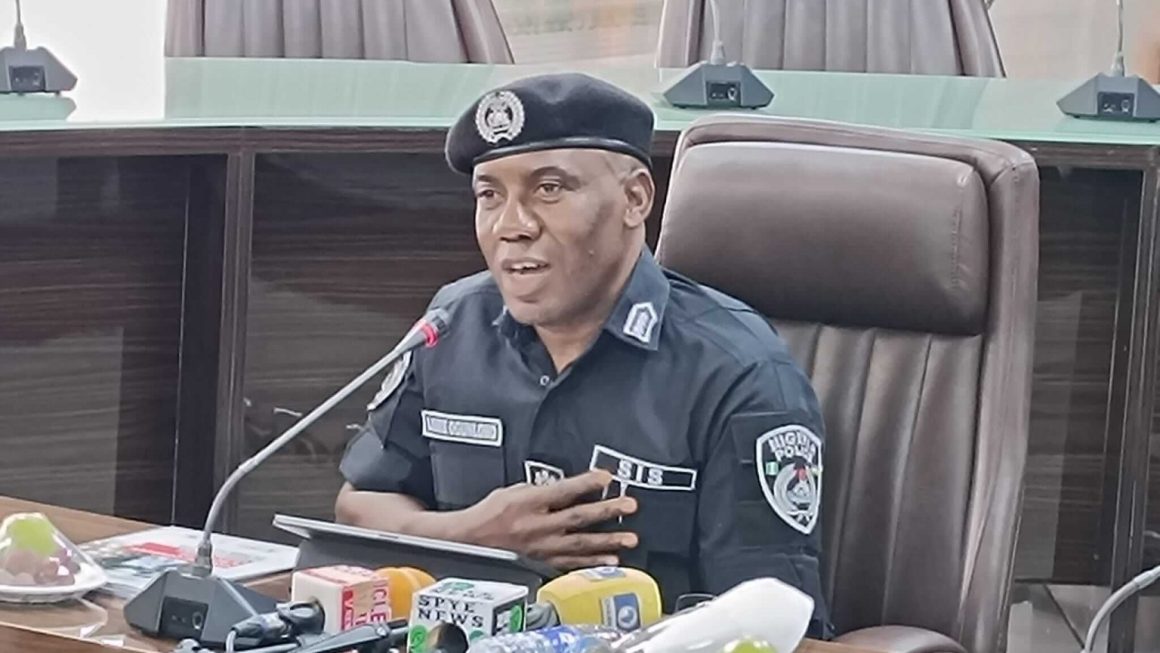In a significant stride towards improving governance, transparency, and service delivery, the Kano State Government has officially announced the establishment of four new state agencies aimed at addressing critical gaps in public administration, economic empowerment, and societal development. The announcement, made during a press briefing on Friday, marks what the state government describes as a “progressive restructuring of institutional frameworks” under Governor Abba Kabir Yusuf’s administration.
The four newly established agencies include: the Kano State Social Investment and Empowerment Agency (KSSIEA), the Kano Urban Beautification and Environmental Protection Board (KUBEPB), the Kano State Traffic Management Authority (KASTMA), and the Kano State Nomadic Education and Pastoralist Development Commission (KNEPDC).
Responding to Modern Governance Needs
Speaking during the unveiling ceremony at the Kano State Government House, the Secretary to the State Government, Dr. Baffa Bichi, said the move was in response to the growing need to align governance with the pressing demands of the 21st century. He emphasized that the creation of the new agencies followed careful assessments, stakeholder consultations, and legislative processes aimed at equipping the state with the institutional tools to drive socio-economic transformation.
“This is not just about bureaucracy,” Dr. Bichi noted. “It is about creating the right frameworks that allow the government to directly impact the lives of our citizens. Each of these agencies has a specific mandate, backed by law, and structured to function independently but in coordination with existing ministries and parastatals.”
Focus on Empowerment, Environment, Education, and Road Safety
Each of the four agencies has been designed with a specific goal, addressing key sectors that the government believes require urgent and targeted intervention.
1. Kano State Social Investment and Empowerment Agency (KSSIEA):
This agency is tasked with designing and implementing social welfare programs, including conditional cash transfers, skill acquisition, youth empowerment, and women-led enterprise support schemes. The government says the agency will serve as a central hub for poverty alleviation initiatives, working closely with NGOs and international development partners.
Dr. Bichi explained that, “Kano has a large youth population. We need a dedicated institution that can focus on turning that demographic into a productive force. KSSIEA will drive entrepreneurship, innovation, and sustainable social interventions.”
2. Kano Urban Beautification and Environmental Protection Board (KUBEPB):
KUBEPB will focus on the restoration of urban aesthetics and environmental conservation. The agency is expected to oversee green projects, waste management reforms, public sanitation, and the revitalization of public spaces such as parks and recreational centers.
The board will also enforce building and street beautification regulations in line with environmental best practices. “We want Kano to reflect the dignity of its history and the aspirations of its people. Clean, organized urban spaces are part of that vision,” said Bichi.
3. Kano State Traffic Management Authority (KASTMA):
Modeled after similar agencies in Lagos and Abuja, KASTMA is intended to address the growing challenges of road congestion, traffic law enforcement, and pedestrian safety in Kano’s urban areas. The agency will be empowered to regulate traffic, issue penalties for violations, and collaborate with other security agencies to maintain road safety.
Governor Yusuf had previously promised reforms in the state’s traffic management system during his campaign, citing public frustration with gridlock and lack of enforcement. KASTMA is expected to recruit and train a new corps of traffic personnel with a focus on professionalism and public service.
4. Kano State Nomadic Education and Pastoralist Development Commission (KNEPDC):
In recognition of the educational and socio-economic challenges facing nomadic communities in the state, this commission will focus on providing mobile schools, grazing support programs, healthcare outreach, and peaceful coexistence frameworks between farmers and herders.
“The nomadic population has long been underserved in policy planning,” said Dr. Bichi. “We are determined to change that by establishing a commission that understands their lifestyle and is equipped to meet their unique needs.”
Public Reaction and Legislative Backing
The announcement of the four agencies has elicited mixed reactions from the public and civil society organizations. While many applauded the government’s initiative, some expressed concern about the cost of running multiple agencies amid tight fiscal conditions.
In response, the government clarified that the new agencies would operate with lean administrative structures and leverage existing infrastructure to avoid redundancy. Funding, officials said, would come from a combination of budgetary allocation, donor support, and internally generated revenue.
The laws establishing the agencies were recently passed by the Kano State House of Assembly, following thorough debate and public hearings. The Speaker of the House, Rt. Hon. Ismail Falgore, said the legislative arm was proud to support reforms that promote good governance and respond to citizens’ needs.
“These are not arbitrary creations. Each bill was subjected to rigorous scrutiny and input from stakeholders. We are confident that these agencies will uplift service delivery in our state,” Falgore stated.
Next Steps
The government has set up interim management teams for each of the new agencies and has launched the process of recruiting qualified professionals to lead them. A formal commissioning of the agencies is expected in the coming weeks, alongside the rollout of their operational blueprints.
Governor Abba Kabir Yusuf is expected to provide additional details in his next public address, including a policy document that outlines how these agencies will be integrated into the broader development plan for the state.
Conclusion
The establishment of the four new agencies marks a bold step by the Kano State Government to address long-standing governance gaps while preparing for the future. As the state navigates economic pressures and social challenges, the success of these institutions will largely depend on political will, efficiency, and active public participation. The people of Kano are now watching closely to see how these agencies will translate policy into impactful change.












